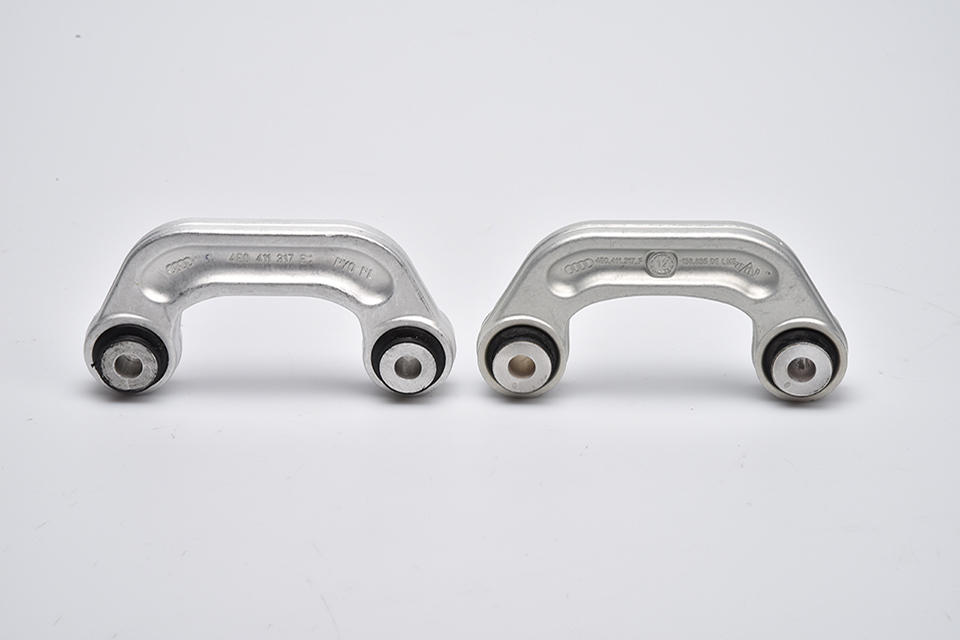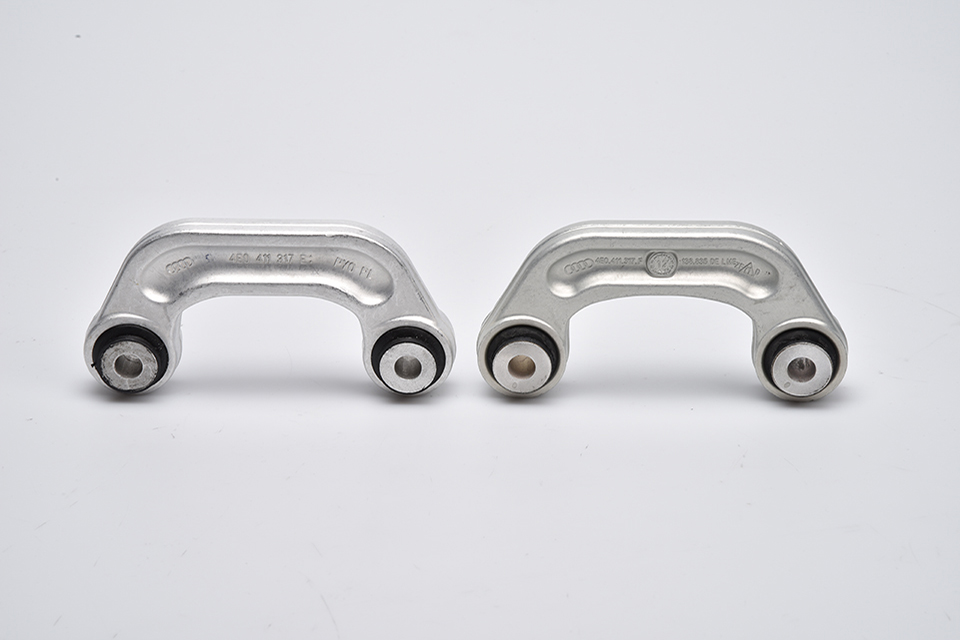- Justice Secretary David Gauke announces £9 million pilot at HMP Holme House to tackle drugs in prison and help offenders stay clean for good
- Security bolstered by new body scanners and extra sniffer dogs while healthcare workers are drafted in to support recovering users
- Joint MoJ and NHS England pilot is already showing progress and good practice will be emulated by prisons across the country
The ground-breaking ‘Drug Recovery Prison’ (DRP) pilot at HMP Holme House, in County Durham, adopts a wide-ranging approach and is jointly funded by the Ministry of Justice and NHS England. It involves tightening security to stop drugs entering the prison in the first place, while helping offenders break their habit of substance abuse.
The increased security has seen investment in new drug detection equipment, including scanners and extra sniffer dogs, while specialist healthcare teams have been drafted in to help prisoners kick their habit.
The pilot which began in April 2017 is already showing progress – with a rise in drug seizures in the prison and an increase in the number of offenders in education and work.
Justice Secretary David Gauke said:
Drugs fuel a cycle of violence and self-harm and prevent offenders from starting the process of rehabilitation that can ultimately lead to employment and a life free from crime.
To break that cycle we need an innovative approach, and that’s what this pilot offers – not only stopping drugs getting into prison but helping offenders break the habit for good.
We do not underestimate the scale of the task, but our aim is to make prisons places of safety, security and decency where offenders have a genuine chance to turn their lives around.
Minister for Mental Health and Inequalities Jackie Doyle-Price said:
Too often offenders are stuck in a cycle of offending, fuelled by drug addiction. The only way this will change is by improving the health of our offender population, supporting them to stop using drugs, both in and out of prison.
The support being provided through this pilot could change the course of someone’s life, rehabilitate them back into society, reduce repeat offending – and ultimately make them turn their backs on crime for good.
Holme House was earmarked as the most suitable choice to become a DRP as it previously had a drug recovery wing and a therapeutic community, as well as a stable population and a strong reputation as a reform prison.
Good practice and lessons learned from the pilot, which runs until 2020, will be shared among prisons across the estate.
The pilot has seen a number of measures introduced, including:
- The introduction of body scanners, extra sniffer dogs and a dedicated drug search team. Since these have been introduced, there has been an increase in drug finds, helping to rid the prison of the contraband that fuels violence behind bars.
- New health staff, including a specialist psychologist, to deliver enhanced substance misuse services, ensuring prisoners have the support they need to stop using drugs and turn their backs on crime for good.
- A ‘Connecting Communities’ team to help prisoners transition from custody to community by arranging appointments for drug and alcohol treatment, accommodation and financial advice, and aiding family engagement.
The recently formed Drugs Taskforce, which works across the prison estate, will use the experiences and evidence from the Holme House pilot to develop its plans for tackling drugs and gangs behind bars.
The Taskforce works with law enforcement and health partners in government and is particularly focused on the prisons with the worst drug problems.
Notes to editors
- The DRP pilot was agreed with joint funding and governance from MoJ and NHS England. The pilot will run for three financial years from 2017/18 to 2019/20.
- We published a new National Partnership Agreement in April 2018 on prison healthcare in England, a joint working agreement between health and justice bodies, which will strengthen the commissioning and delivery of substance misuse services in prisons.
Link: Press release: Blitz on drugs in prison underway
Source: Gov Press Releases


